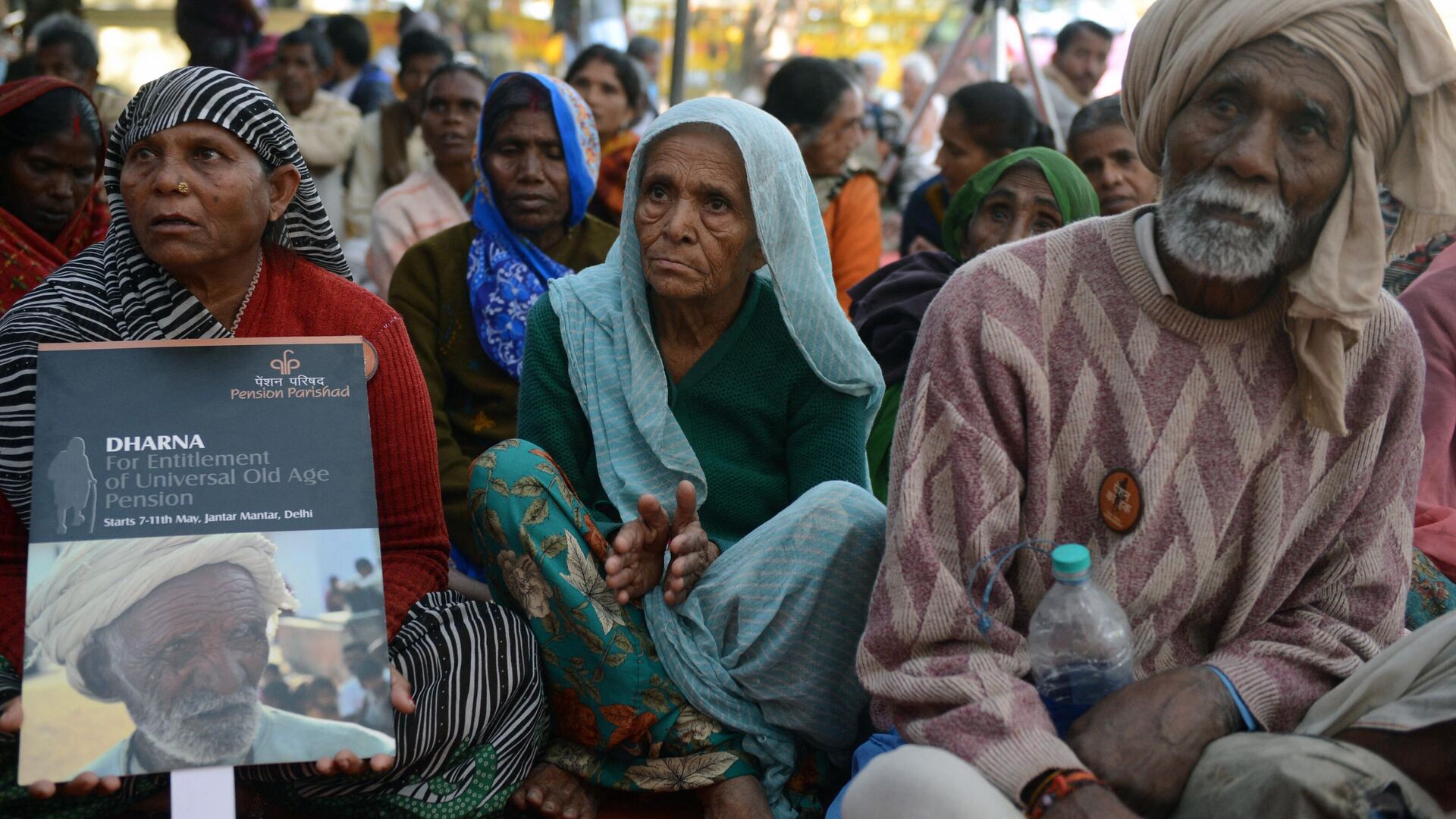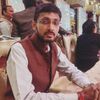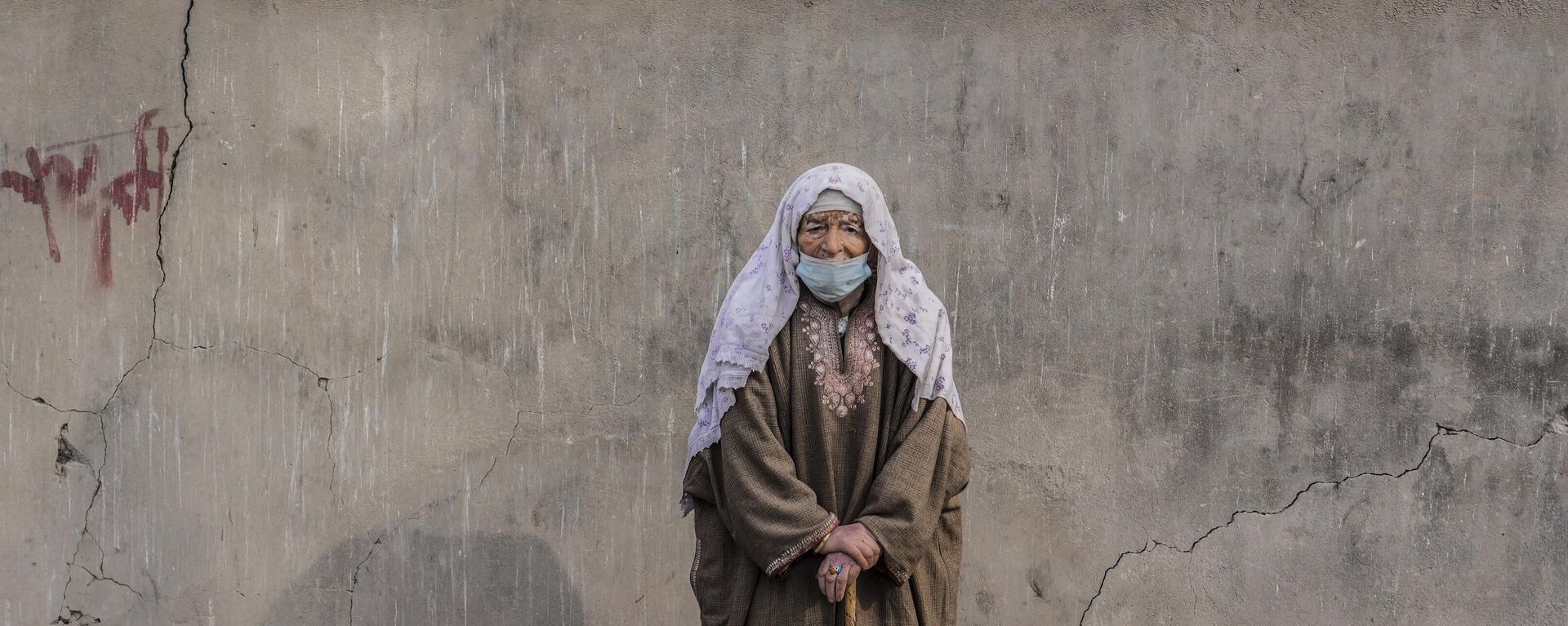https://sputniknews.in/20230930/how-do-senior-citizens-better-society-4513815.html
How Do Senior Citizens Better Society?
How Do Senior Citizens Better Society?
Sputnik India
Some days ahead of the International Day of Older Persons, the United Nations Population Fund (UNFPA) has released a report stating that India's population aged 60 years will increase to 15 per cent by 2036.
2023-09-30T13:08+0530
2023-09-30T13:08+0530
2023-09-30T13:08+0530
sputnik opinion
india
delhi
new delhi
the united nations (un)
aging society
world population
https://cdn1.img.sputniknews.in/img/07e7/09/1d/4505513_0:140:3144:1909_1920x0_80_0_0_26fc2cae5c0cd8c933c851755f09a718.jpg
Some days ahead of the International Day of Older Persons, the United Nations Population Fund (UNFPA) has released a report stating that India's population aged 60 years will increase to 15 per cent by 2036, up from 10.5 per cent (as of 1 July 2022).The report, titled 'Aging Report 2023', further revealed that this will rise to 20 per cent by 2050 and by the end of the century, the country's elderly population will be more than 36 per cent. Helpage India, a non-profit organisation working with and for the disadvantaged elderly, organised a panel discussion titled "Empowering Older Women: Roles, Resilience and Recognition" to mark the occasion.India’s first female IPS officer and former Lieutenant Governor of Puducherry Kiran Bedi was the chief guest at the event.During an interview with Sputnik India, Bedi expressed her valuable insights regarding the rights of older individuals, the challenges that India faces due to its growing elderly population, and effective ways to educate senior citizens about their rights and relevant legislation.Sputnik India: The theme of this year’s International Day of Older Persons is Fulfilling the Promises of the Universal Declaration of Human Rights for Older Persons. How do you think this can be achieved?Bedi: Well, it's community-based and culture-based because it's situational. No two families or women or cultures are the same, but the need is similar, where every ageing person, be it a man or a woman, needs support.So we need to understand how to prepare them to give support. It is important that we train them to understand that ageing doesn't mean dependency, it means interdependency. This means that older people need to be made aware that they are dependent, but that they can also support others.Apart from this, they also have to change their mindset and be self-reliant.Sputnik India: As per a new UN report, India's population of persons above 60 years will increase to 15 per cent by 2036. What challenges will the country face in such a scenario?Bedi: The biggest challenge will be to provide better, affordable and accessible health care. It is also the most important issue for older people, because everyone who ages will have some health prThis is why it is important to provide medical care in the neighbourhood, as seniors may not be able to travel very far, or there may be an emergency that requires immediate attention.This is also important because older people can improve their mental health but do not have access to medical care.In addition, it is crucial to offer them increased insurance coverage to ensure that individuals receive a pension when they reach old age and stop working, thereby increasing their social security.Sputnik India: As India's elderly population grows to 15 per cent, how will we provide for a large number of pensioners?Bedi: As I said, medical care and social security are the most important things. A lot of pensioners would have a pension, but they will need medical care, while a lot of them won't even have a pension, so they will need both medical care and social security.We need to put in place systems where, ideally, a person should start investing for their social security, which could help them later on.Sputnik India: According to the National Crime Records Bureau (NCRB) data for 2021, crimes against the elderly increased in 2021 compared to 2020. What are the main reasons behind this increase?Bedi: The main reason for the increase in crime against the elderly is their vulnerability, because they know they're weak, they can't fight back. That is why they need neighbourhood policing, as well as neighbourhood health care.In this system, there should be police officers who regularly contact the elderly in their area and ask them if they need any help.Sputnik India: You have worked as an IPS officer. What challenges do you think police officers face in solving crimes against the elderly?Bedi: The main challenge police officers face is evidence. For example, if a person is blind or has poor eyesight or even memory problems, it is difficult for the police to identify the offender.So to deal with these kinds of issues, there should be lots of cameras around and technology to monitor them.Sputnik India: Awareness of laws and rights is a big issue for older people, what steps should be taken to make them aware of laws such as the Maintenance and Welfare of Parents and Senior Citizens (Amendment) Act 2019?Bedi: Awareness is a big issue, and it is not just about laws and rights, it is about lack of awareness about digital literacy and technology.There are Residents Welfare Associations (RWAs) and Senior Citizens Associations (SCAs) where the elderly can be trained, educated and cared for in technology and made aware of their rights.
https://sputniknews.in/20230615/eternal-caregivers-elderly-women-in-india-feel-invisible-because-of-social-conditioning-2489570.html
india
delhi
new delhi
Sputnik India
feedback.hindi@sputniknews.com
+74956456601
MIA „Rossiya Segodnya“
2023
Rahul Trivedi
https://cdn1.img.sputniknews.in/img/07e6/0c/13/136500_0:0:628:627_100x100_80_0_0_72097ff894c7446b70d2efafcb719720.jpg
Rahul Trivedi
https://cdn1.img.sputniknews.in/img/07e6/0c/13/136500_0:0:628:627_100x100_80_0_0_72097ff894c7446b70d2efafcb719720.jpg
News
en_IN
Sputnik India
feedback.hindi@sputniknews.com
+74956456601
MIA „Rossiya Segodnya“
Sputnik India
feedback.hindi@sputniknews.com
+74956456601
MIA „Rossiya Segodnya“
Rahul Trivedi
https://cdn1.img.sputniknews.in/img/07e6/0c/13/136500_0:0:628:627_100x100_80_0_0_72097ff894c7446b70d2efafcb719720.jpg
international day for older persons, the united nations population fund, unpfa, india’s population of persons aged 60 years will increase to 15 per cent by 2036, india aging report 2023, helpage india, empowering older women: roles, resilience and recognition, india’s first woman ips officer, former lieutenant governor of puducherry, kiran bedi, fulfilling the promises of the universal declaration of human rights for older persons, ageing doesn’t mean dependency rather it is interdependency, new un report, immediate medical care, affordable medical care, medical care at neighbourhood, social security, of older persons, national crime records bureau, ncrb data, crime against older persons, neighbourhood policing system, maintenance and welfare of parents and senior citizens (amendment) act 2019, digital literacy, technology, residents welfare associations, rwa, senior citizens associationsб how do the elderly benefit society, how can we improve the lives of senior citizens, how do senior citizens socialize
international day for older persons, the united nations population fund, unpfa, india’s population of persons aged 60 years will increase to 15 per cent by 2036, india aging report 2023, helpage india, empowering older women: roles, resilience and recognition, india’s first woman ips officer, former lieutenant governor of puducherry, kiran bedi, fulfilling the promises of the universal declaration of human rights for older persons, ageing doesn’t mean dependency rather it is interdependency, new un report, immediate medical care, affordable medical care, medical care at neighbourhood, social security, of older persons, national crime records bureau, ncrb data, crime against older persons, neighbourhood policing system, maintenance and welfare of parents and senior citizens (amendment) act 2019, digital literacy, technology, residents welfare associations, rwa, senior citizens associationsб how do the elderly benefit society, how can we improve the lives of senior citizens, how do senior citizens socialize
How Do Senior Citizens Better Society?
The International Day for Older Persons is celebrated on 1 October each year to honour the contributions of older persons and to discuss issues affecting their lives.
Some days ahead of the International Day of Older Persons, the United Nations Population Fund (UNFPA) has released a report stating that India's population aged 60 years will increase to 15 per cent by 2036, up from 10.5 per cent (as of 1 July 2022).
The report, titled 'Aging Report 2023', further revealed that this will rise to 20 per cent by 2050 and by the end of the century, the country's elderly population will be more than 36 per cent.
Helpage India, a non-profit organisation working with and for the disadvantaged elderly, organised a panel discussion titled "Empowering Older Women: Roles, Resilience and Recognition" to mark the occasion.
India’s first female IPS officer and former Lieutenant Governor of Puducherry Kiran Bedi was the chief guest at the event.
During an interview with
Sputnik India, Bedi expressed her valuable insights regarding the rights of older individuals, the challenges that India faces due to its
growing elderly population, and effective ways to educate senior citizens about their rights and relevant legislation.
Sputnik India: The theme of this year’s International Day of Older Persons is Fulfilling the Promises of the Universal Declaration of Human Rights for Older Persons. How do you think this can be achieved?
Bedi: Well, it's community-based and culture-based because it's situational. No two families or women or cultures are the same, but the need is similar, where every ageing person, be it a man or a woman, needs support.
So we need to understand how to prepare them to give support. It is important that we train them to understand that ageing doesn't mean dependency, it means interdependency. This means that older people need to be made aware that they are dependent, but that they can also support others.
It is also important for older people to understand that they must continue to be of value to others. Being of value to others means having skills, experience and presence; sometimes an older person's presence at home can add immense value which they can use to support their family members, neighbours and others.
Apart from this, they also have to change their mindset and be self-reliant.
Sputnik India: As per a new UN report, India's population of persons above 60 years will increase to 15 per cent by 2036. What challenges will the country face in such a scenario?
Bedi: The biggest challenge will be to provide better, affordable and accessible health care. It is also the most important issue for older people, because everyone who ages will have some health pr
This is why it is important to provide medical care in the neighbourhood, as seniors may not be able to travel very far, or there may be an emergency that requires immediate attention.
However, the local medical facility may not be a specialist, but there should be someone who can deal with the health problem immediately, or there should be a place where older people can go in an emerge
This is also important because older people can improve their mental health but do not have access to medical care.
In addition, it is crucial to offer them increased insurance coverage to ensure that individuals receive a pension when they reach old age and stop working, thereby increasing their social security.
Sputnik India: As India's elderly population grows to 15 per cent, how will we provide for a large number of pensioners?
Bedi: As I said, medical care and social security are the most important things. A lot of pensioners would have a pension, but they will need medical care, while a lot of them won't even have a pension, so they will need both medical care and social security.
We need to put in place systems where, ideally, a person should start investing for their social security, which could help them later on.
Sputnik India: According to the National Crime Records Bureau (NCRB) data for 2021, crimes against the elderly increased in 2021 compared to 2020. What are the main reasons behind this increase?
Bedi: The main reason for the increase in crime against the elderly is their vulnerability, because they know they're weak, they can't fight back. That is why they need neighbourhood policing, as well as neighbourhood health care.
In this system, there should be police officers who regularly contact the elderly in their area and ask them if they need any help.
Sputnik India: You have worked as an IPS officer. What challenges do you think police officers face in solving crimes against the elderly?
Bedi: The main challenge police officers face is evidence. For example, if a person is blind or has poor eyesight or even memory problems, it is difficult for the police to identify the offender.
So to deal with these kinds of issues, there should be lots of cameras around and technology to monitor them.
Sputnik India: Awareness of laws and rights is a big issue for older people, what steps should be taken to make them aware of laws such as the Maintenance and Welfare of Parents and Senior Citizens (Amendment) Act 2019?
Bedi: Awareness is a big issue, and it is not just about laws and rights, it is about lack of awareness about digital literacy and technology.
A lot of efforts are being made to address this issue, as the government is running some awareness campaigns through various agencies and NGOs. However, I think there are some additional steps that can be taken to create more awareness.
There are Residents Welfare Associations (RWAs) and Senior Citizens Associations (SCAs) where the elderly can be trained, educated and cared for in technology and made aware of their rights.



